Fallon and Banner Churchill Community Hospital will help train the next generation of Nevada physicians following the award of a $750,000 grant to establish a new Rural Residency Program.
“This is a very competitive grant, and we were fortunate to receive a really good score,” said Gerald Ackerman, M.S., Assistant Dean of Rural Programs at the University of Nevada, Reno School of Medicine. “Our application was strong because of all the groundwork that had already been laid, and the many letters of support we received.”
Only about 2 percent of medical residencies take place in rural areas, even though rural communities consistently face the steepest health care shortages. Dr. Amy McGaha, professor and chair of Family and Community Medicine at UNR Med and lead for the new residency program, said the Fallon initiative is designed to change that. In November, a consultant team visited Fallon to evaluate the hospital and the community’s readiness to host residents. Following a favorable review, a steering committee was formed and has met regularly since January to move the program forward.
The residency is structured as a three-year program, with the first year spent at a Renown Health facility in Reno and the final two years at Banner Churchill. The program will focus on family medicine, training doctors in everything from preventive care to chronic disease management.
“An important component of residency is for each physician to build their own panel of patients,” said Dr. Tedd McDonald, health officer for the Central Nevada Health District. “They need to show continuity of care over a two-year period. That means building relationships, following patients over time, and proving they can provide comprehensive family medicine.”
McDonald has worked toward bringing graduate medical education to Fallon since 2006. The city came close in 2008 and 2012, but both attempts fell through. This time, the pieces fell into place. Banner Churchill has the required infrastructure—emergency services, imaging, laboratory facilities, and clinic space—and strong partnerships with both UNR Med and Renown.
The $750,000 HRSA grant will fund the groundwork required to launch the residency. That includes training local doctors and hospital staff in how to mentor residents and covering the costs of applying for accreditation.
“Expanding opportunities for residency training throughout the state of Nevada is a key initiative for UNR Med,” said Dean of the School of Medicine Paul J. Hauptman, M.D. “As one of the most critically underserved states in the nation when it comes to patient-to-physician ratio, our goal in expanding graduate medical education in rural regions is to not only offer increased clinical care, but also to retain more physicians to practice in our state when their residency training is complete.”
Retention is a central concern. To support it, UNR Med pairs residency programs with the Nevada Health Service Corps and its State Loan Repayment Program, a state-federal partnership that helps physicians and nurse practitioners repay student loans in exchange for serving in underserved communities.
Established in 1989, the program provides $75,000 in tax-free loan repayment for a two-year commitment. After two years, participants may renew annually, with Nevada-trained students given top priority.
“If we’ve invested seven years in a student, we want to keep them,” Ackerman said. “We don’t want to ship them to another state.”
And while Fallon will benefit directly, Ackerman hopes the impact will ripple outward. “We’d like to see some of these physicians leak out of Fallon into neighboring towns like Yerington and Lovelock,” he said.
For Fallon residents, the program means more physicians, shorter wait times, and better access to family medicine. For Banner Churchill, it means becoming a training hub and raising the hospital’s profile in Nevada’s medical education system.
Perhaps most importantly, it means continuity. By training physicians in Fallon, the hope is that many will choose to stay after their residency, creating a stable pipeline of rural doctors.
“The purpose of having a rural residency program is to recruit and train physicians for rural practice. Residents who train in rural settings are more likely to practice in a rural community,” McGaha said.
For McDonald, who has been pushing for this program for nearly 20 years, the moment is both professional and personal. “We’ve worked a long time to bring this to Fallon,” he said. “It’s exciting to see it finally come together.”
Funding Disclosure: The Health Resources and Services Administration (HRSA), Department of Health and Human Services (HHS) provided financial support for this project. The award totaled $750,000.00. The contents are those of the author. They may not reflect the policies of HRSA, HHS, or the U.S. Government.


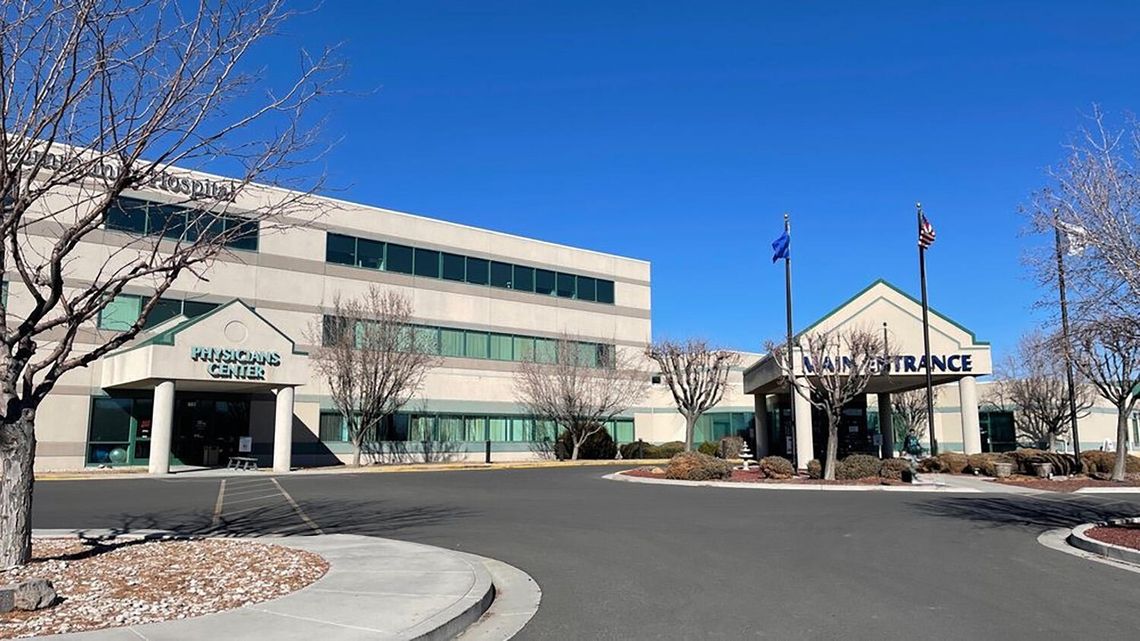
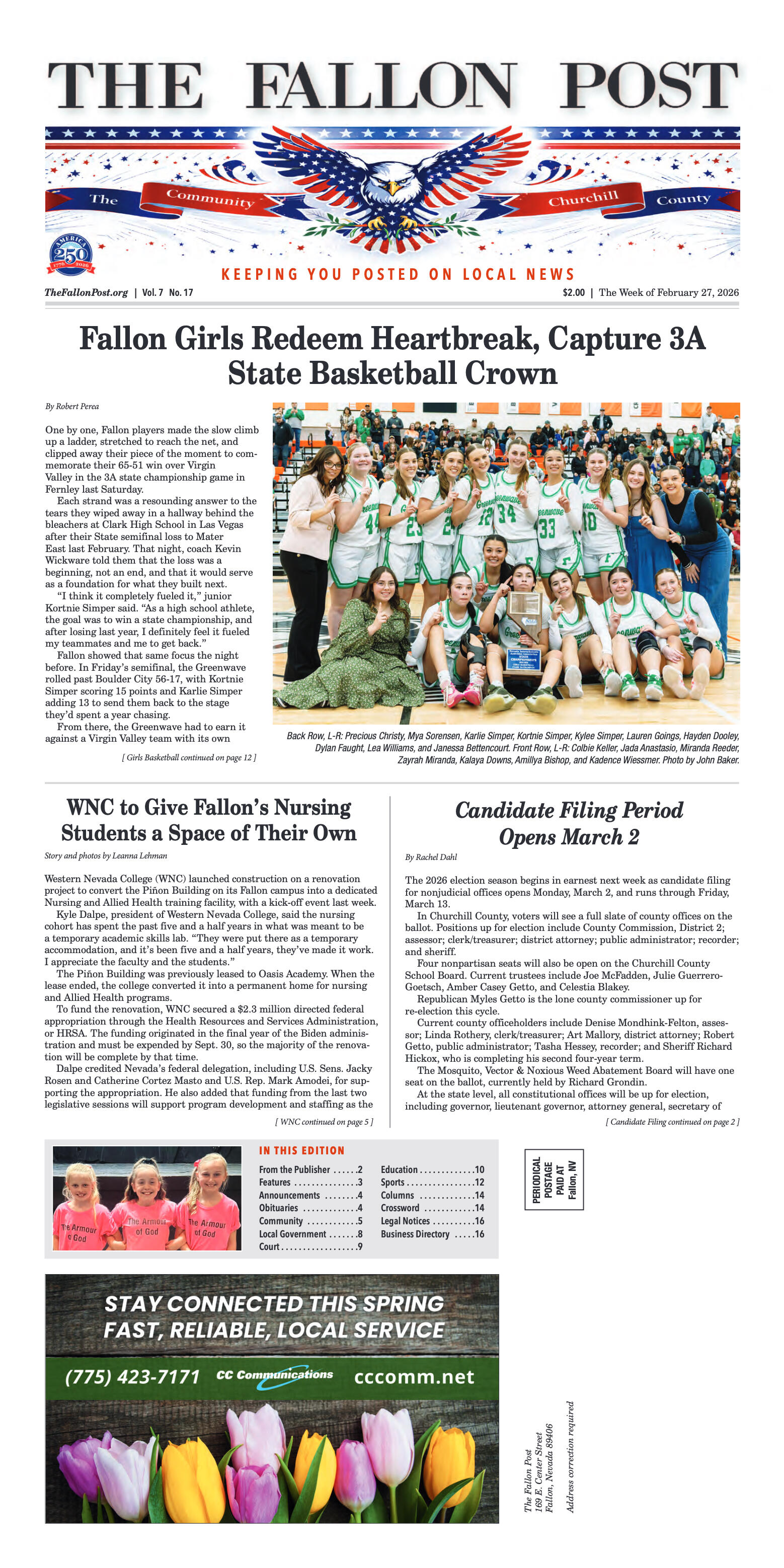
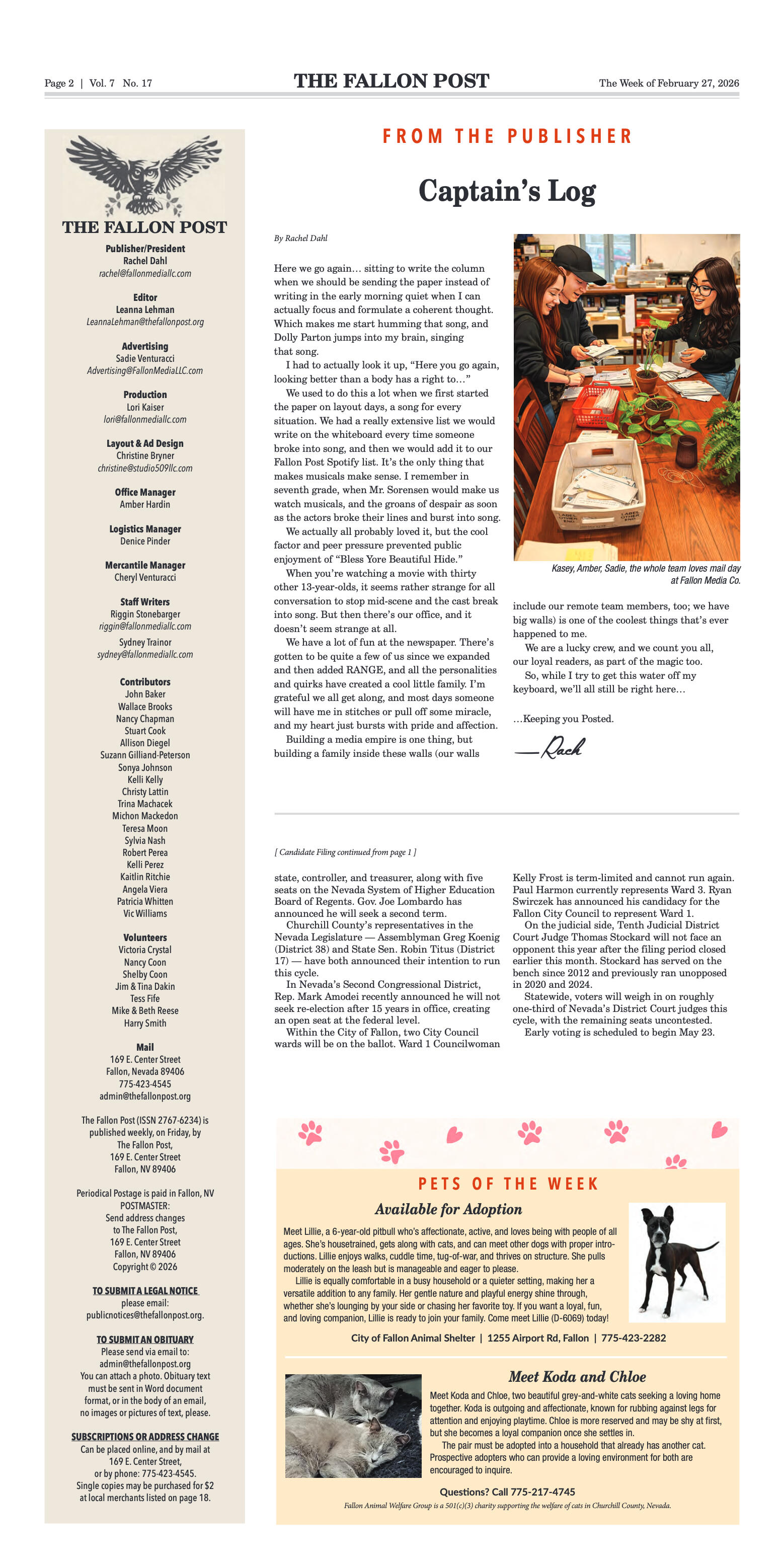
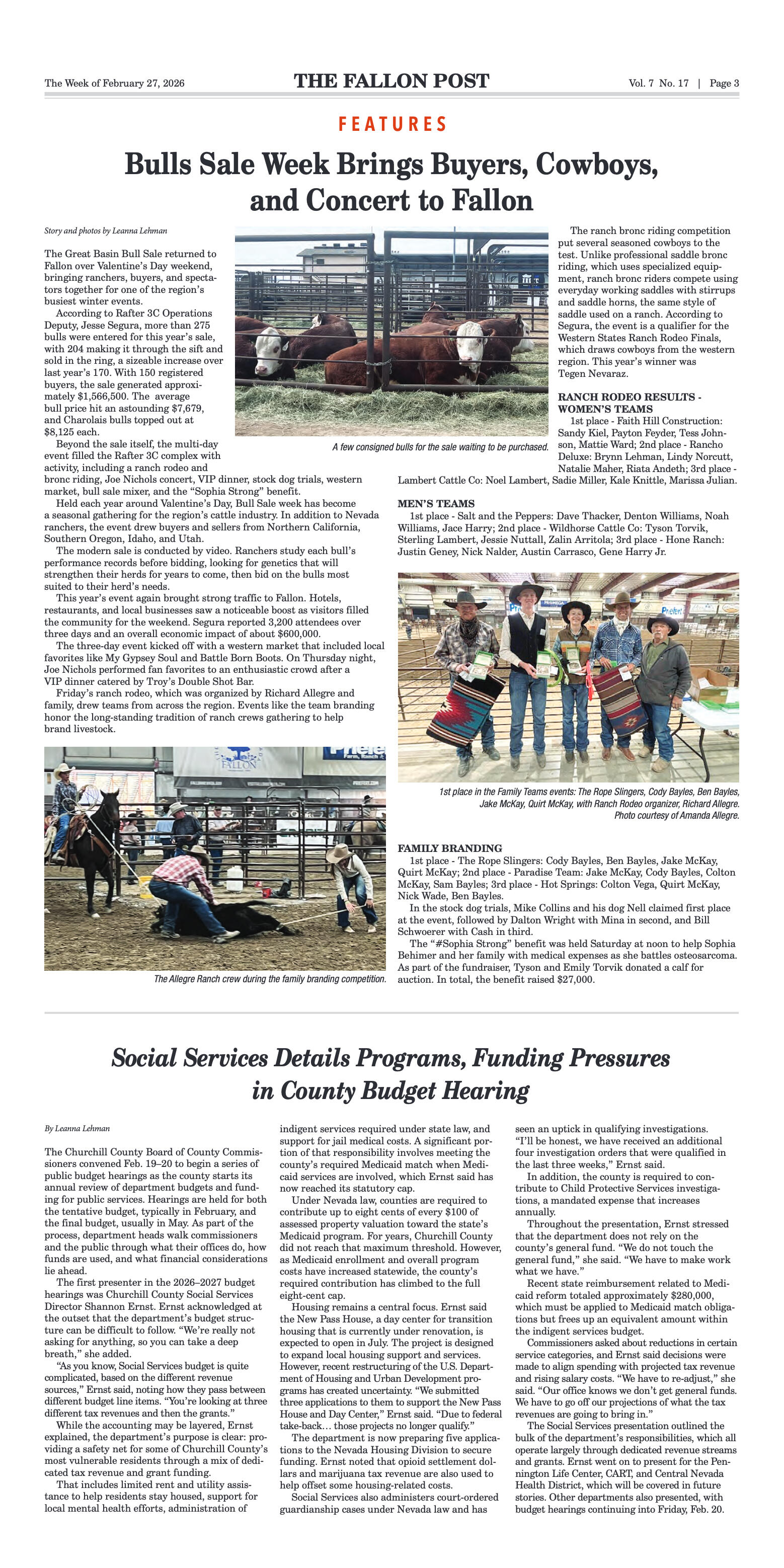
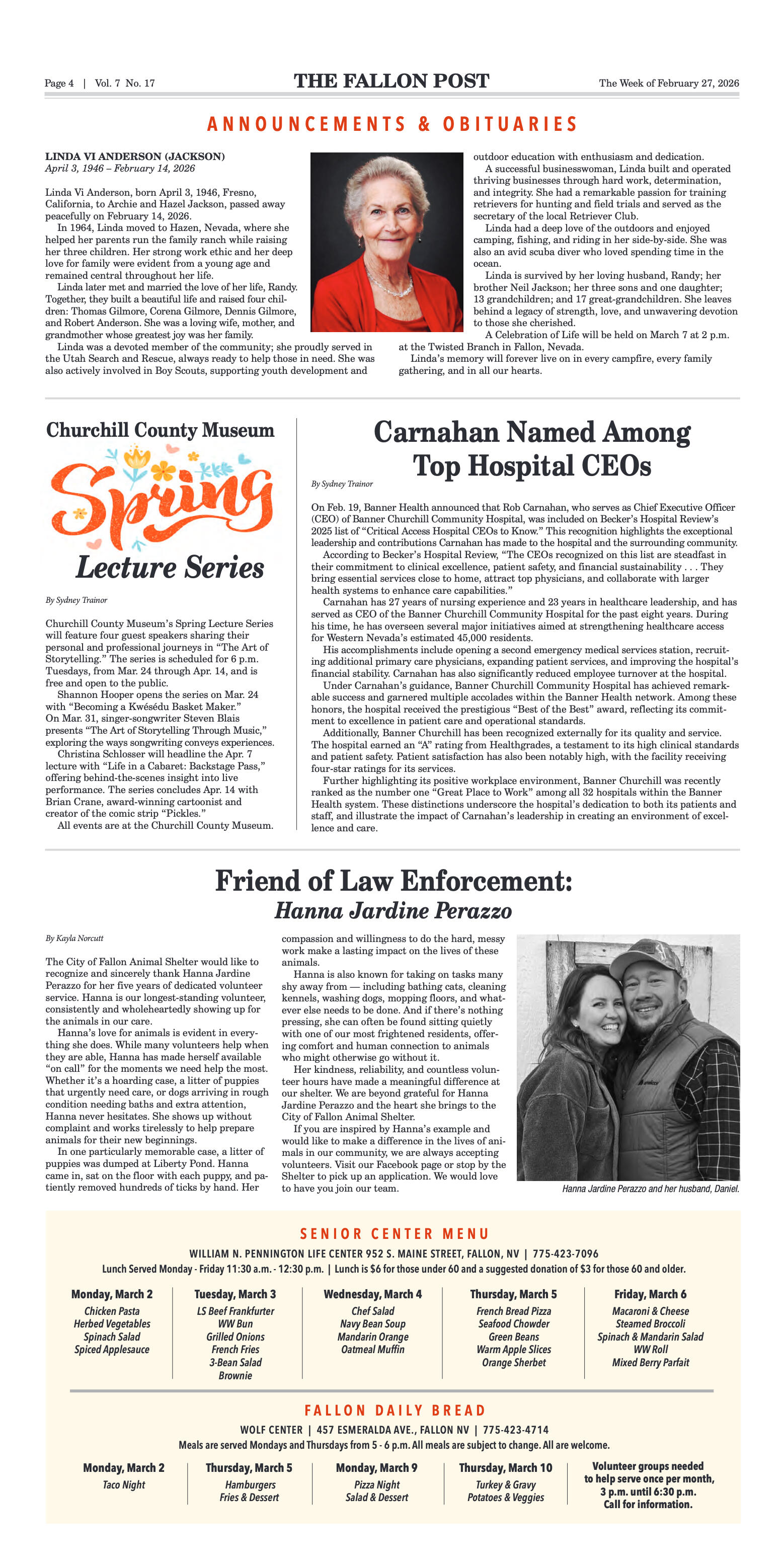
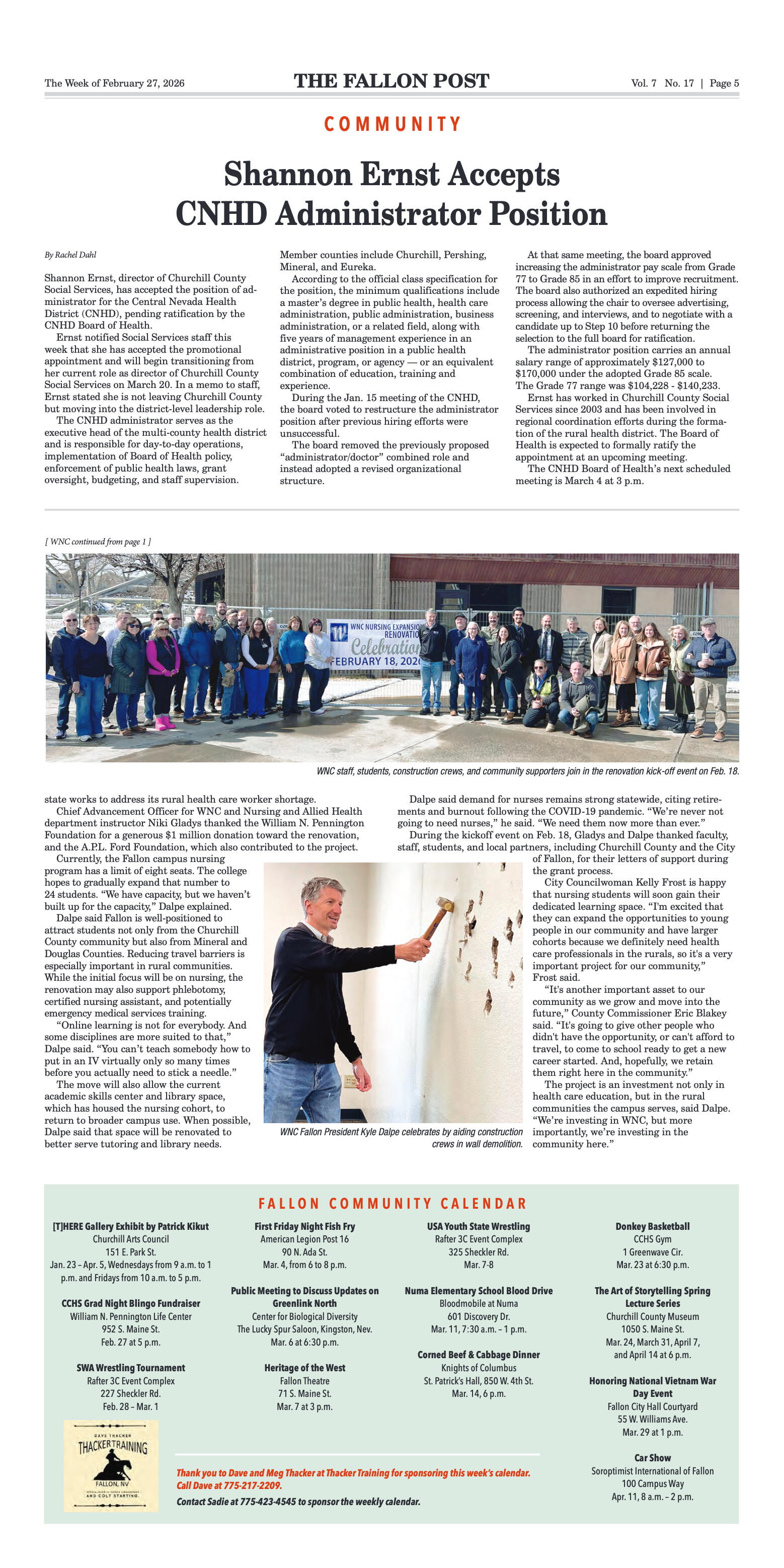
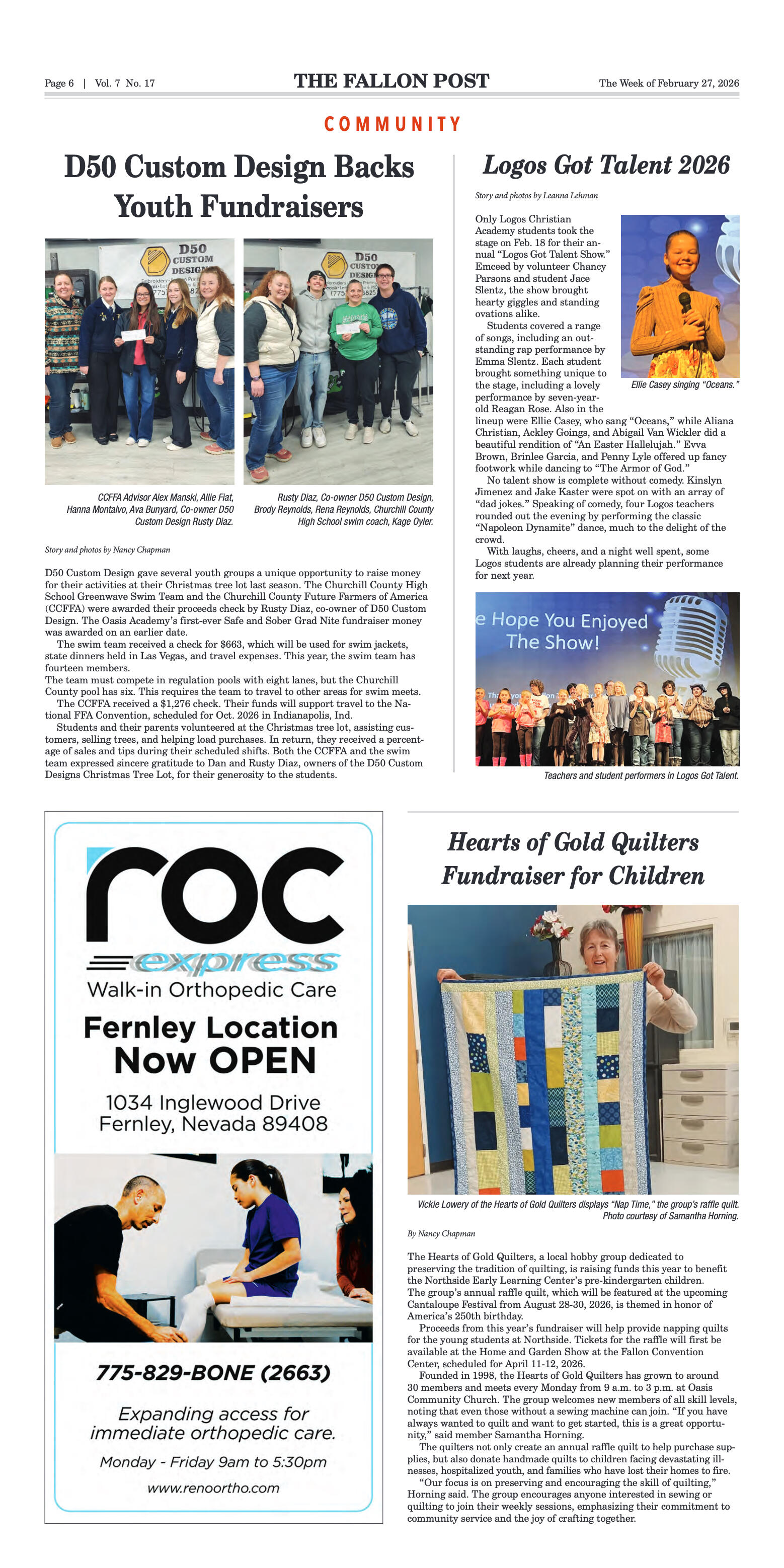
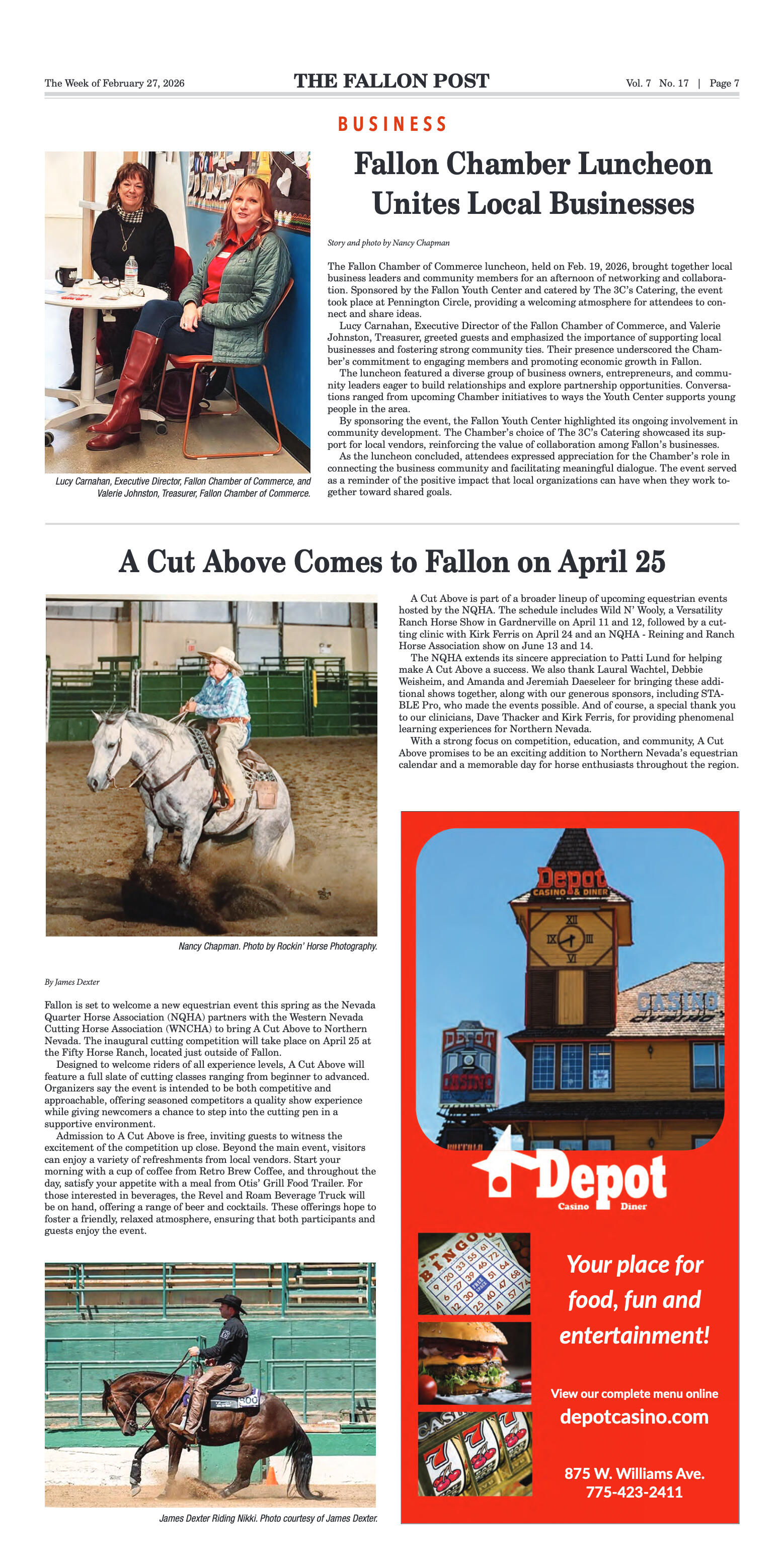
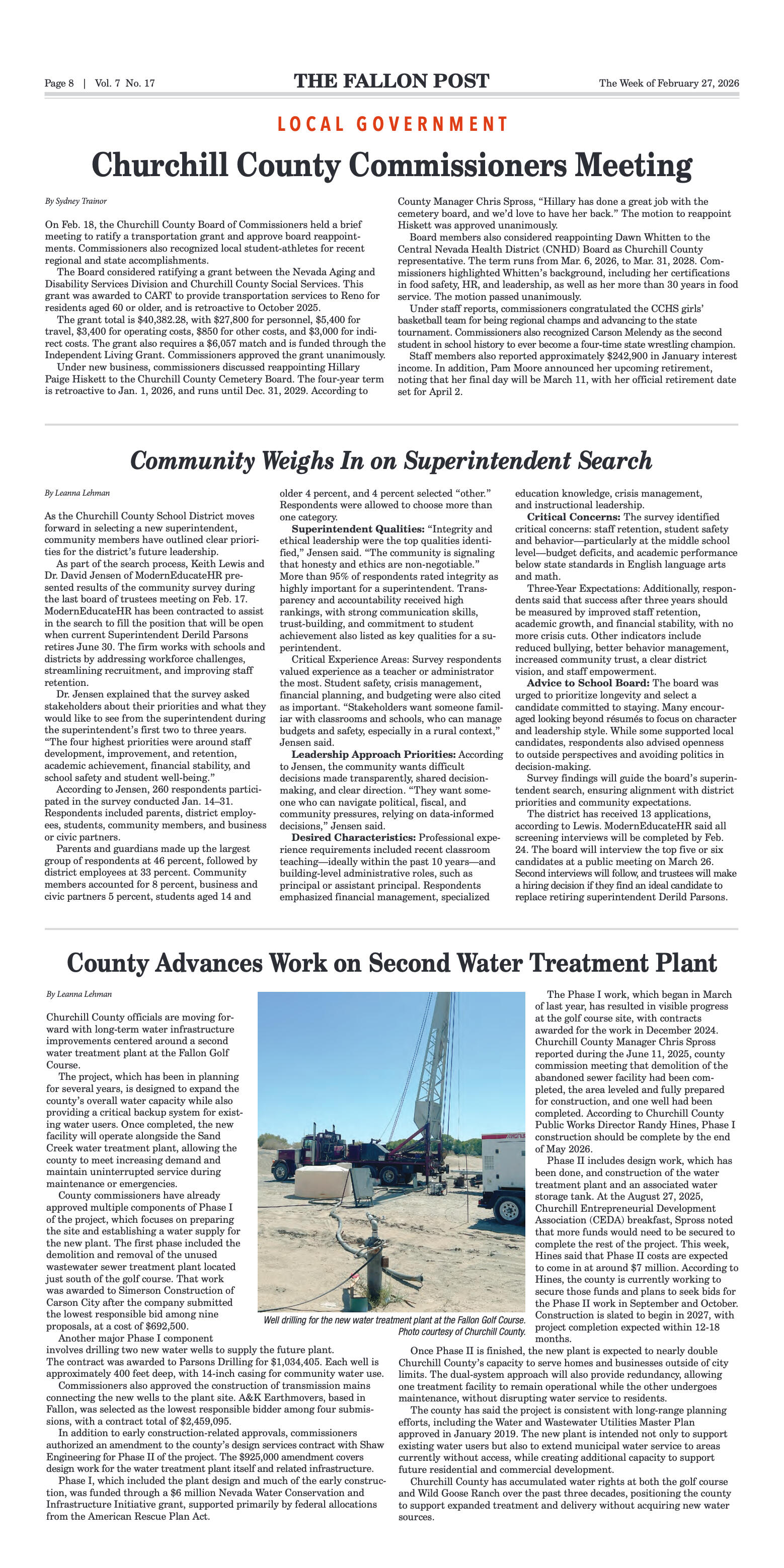
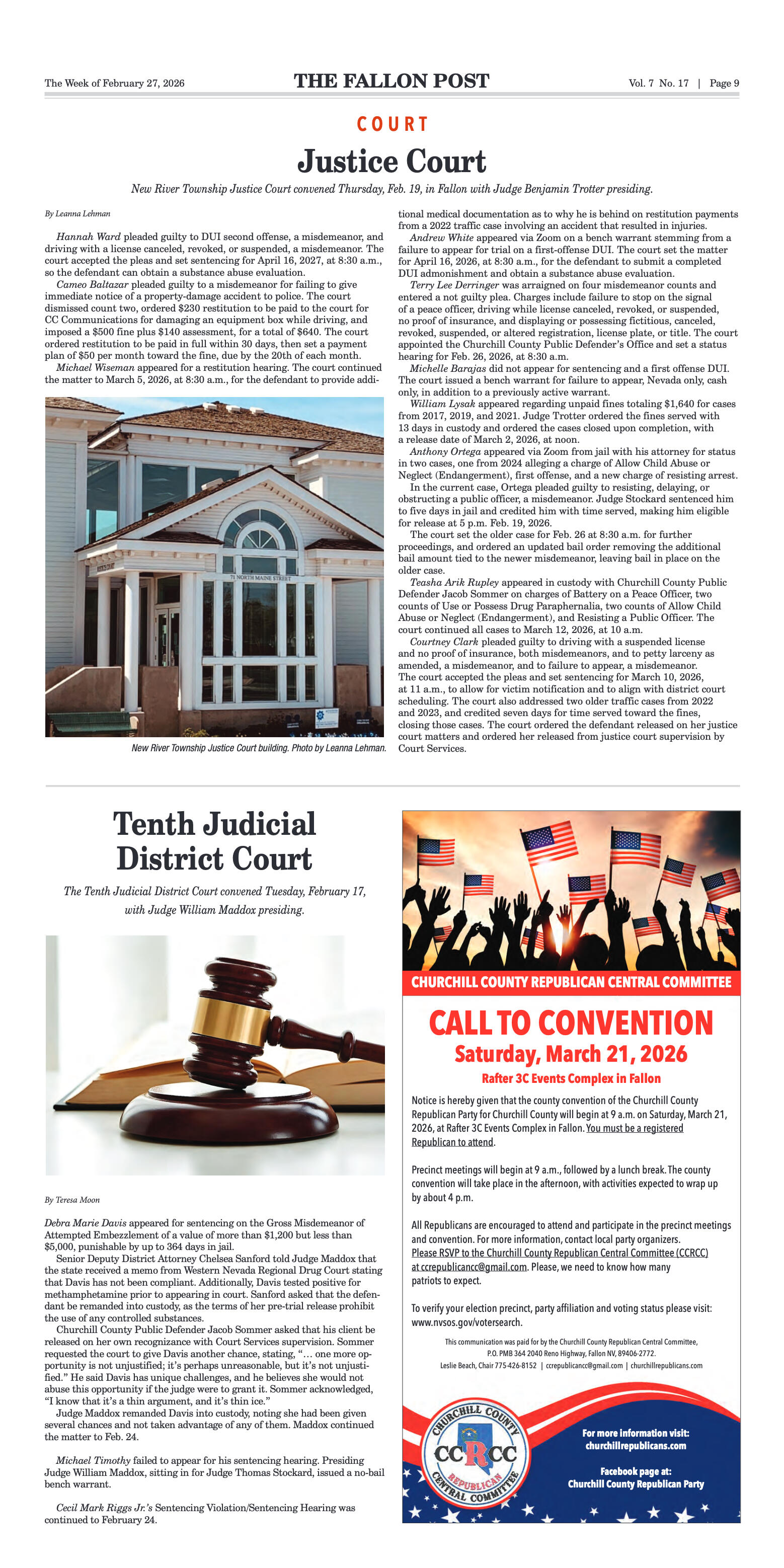
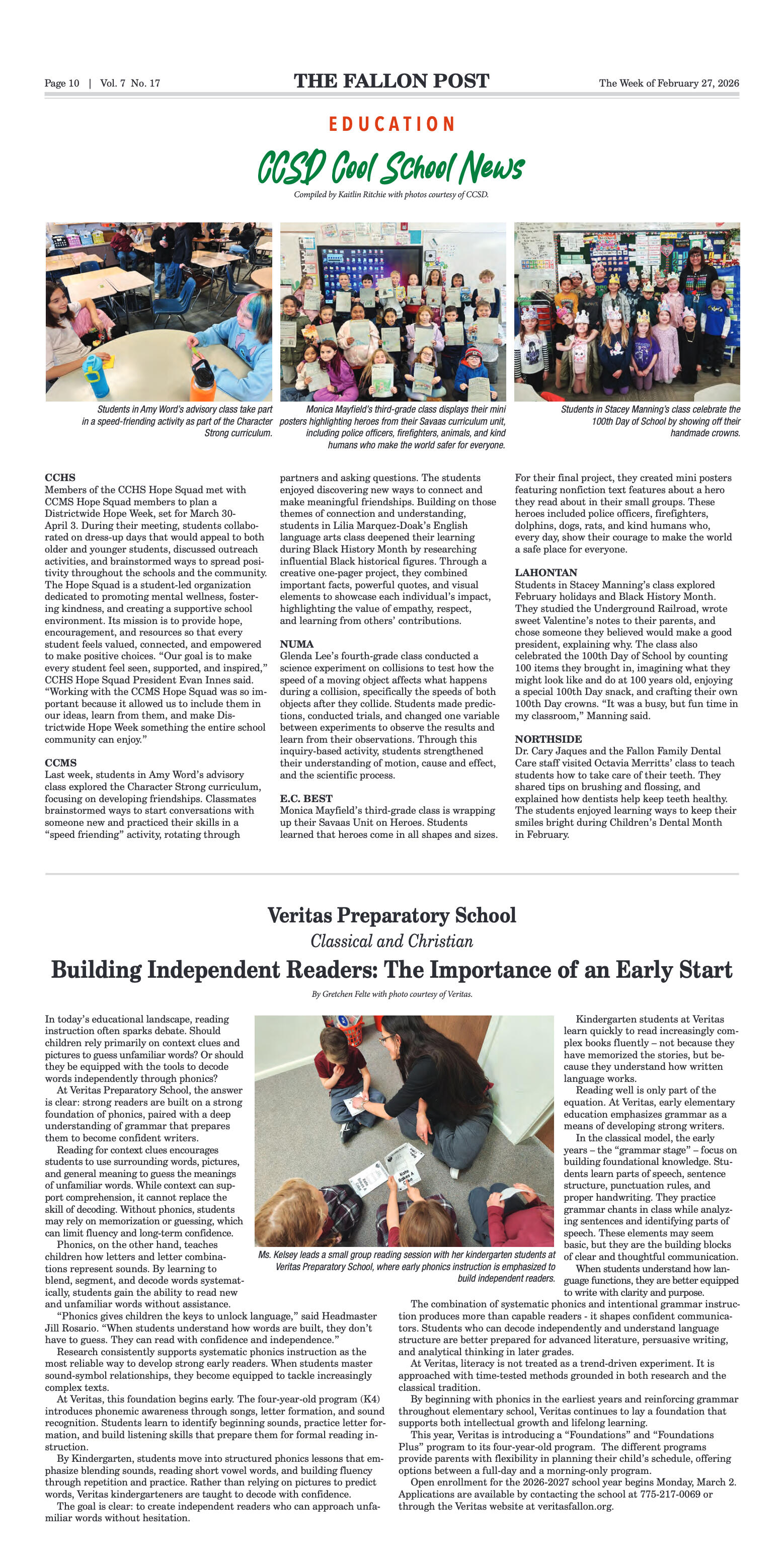
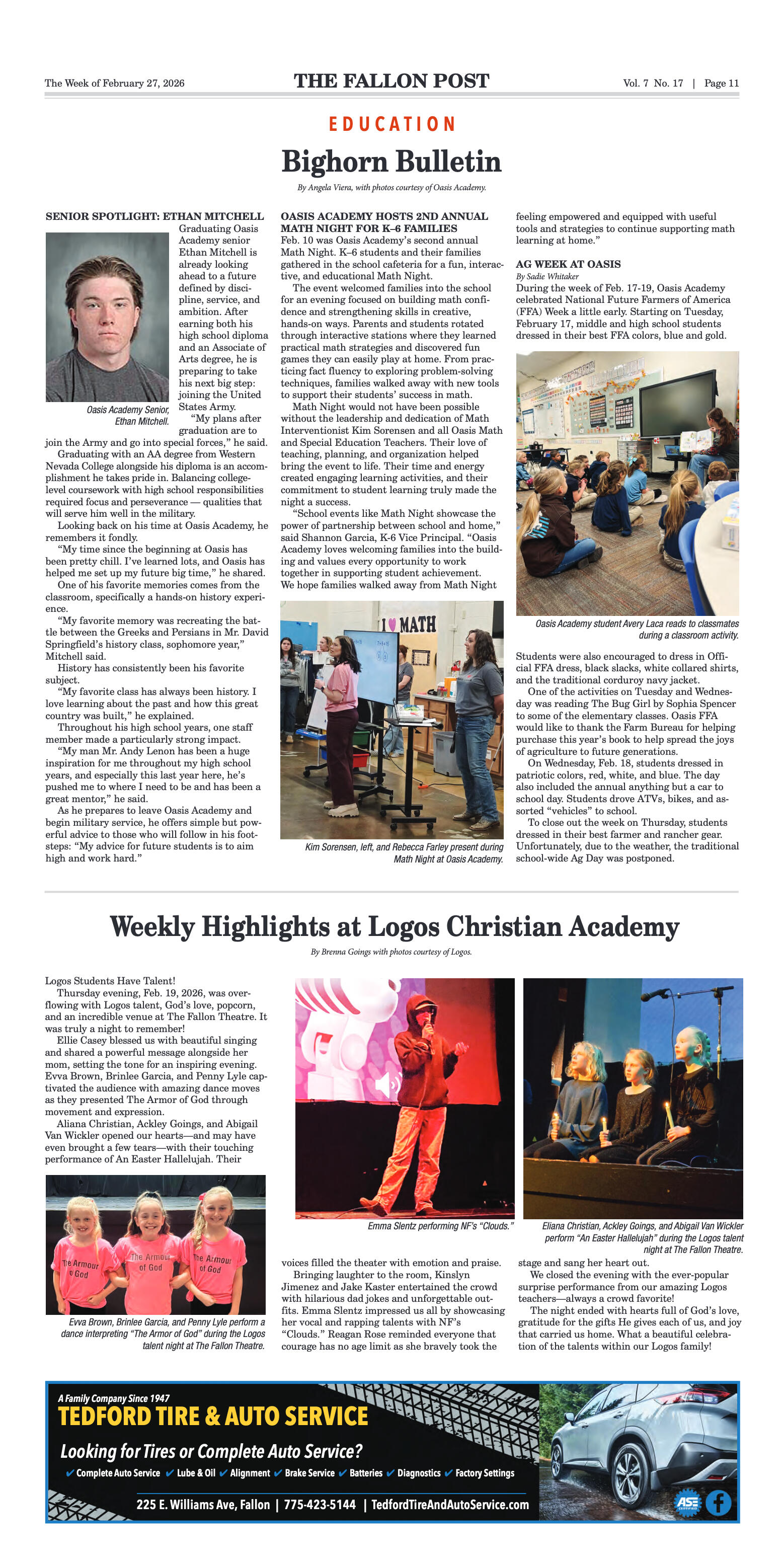
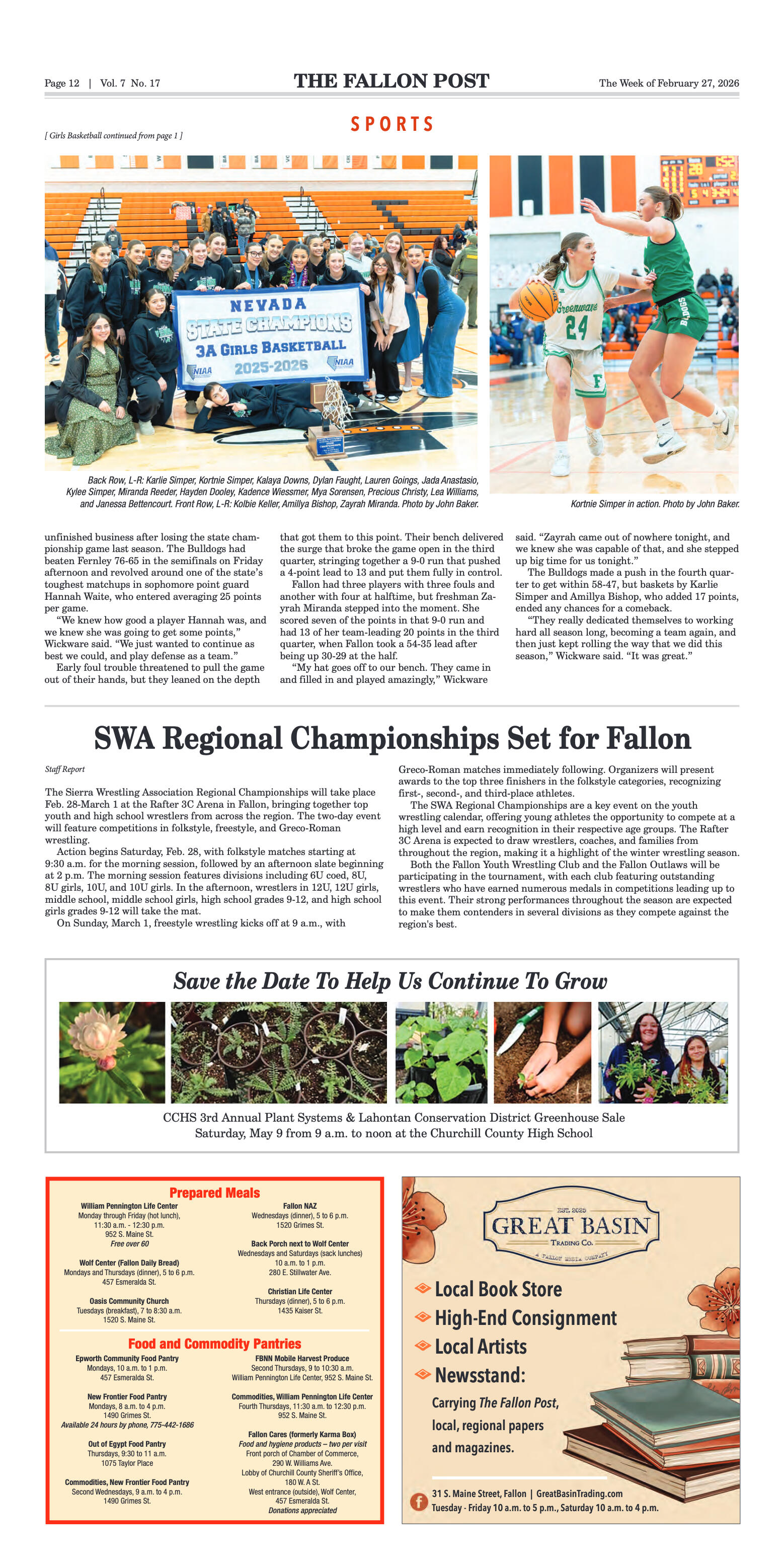

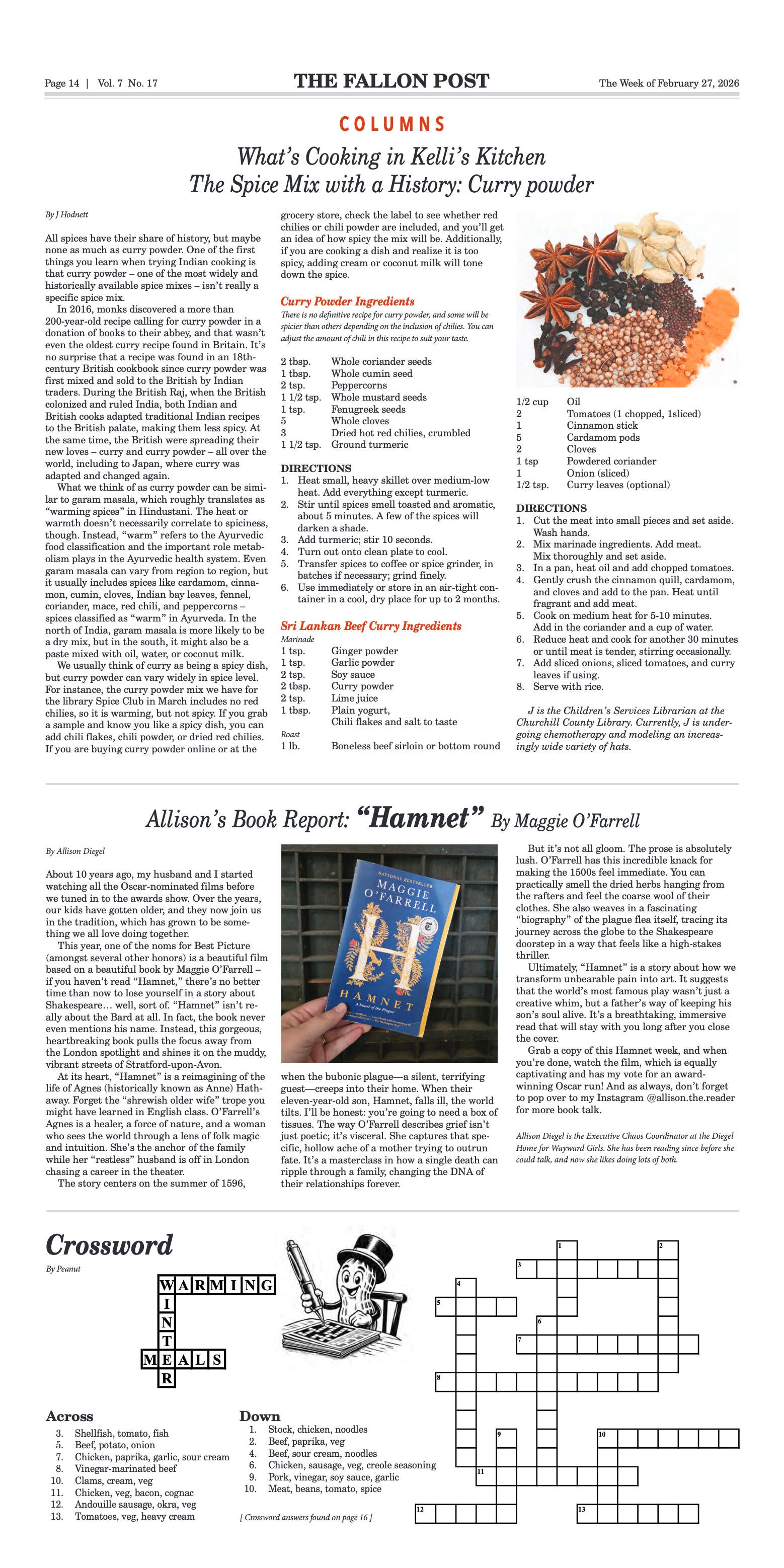
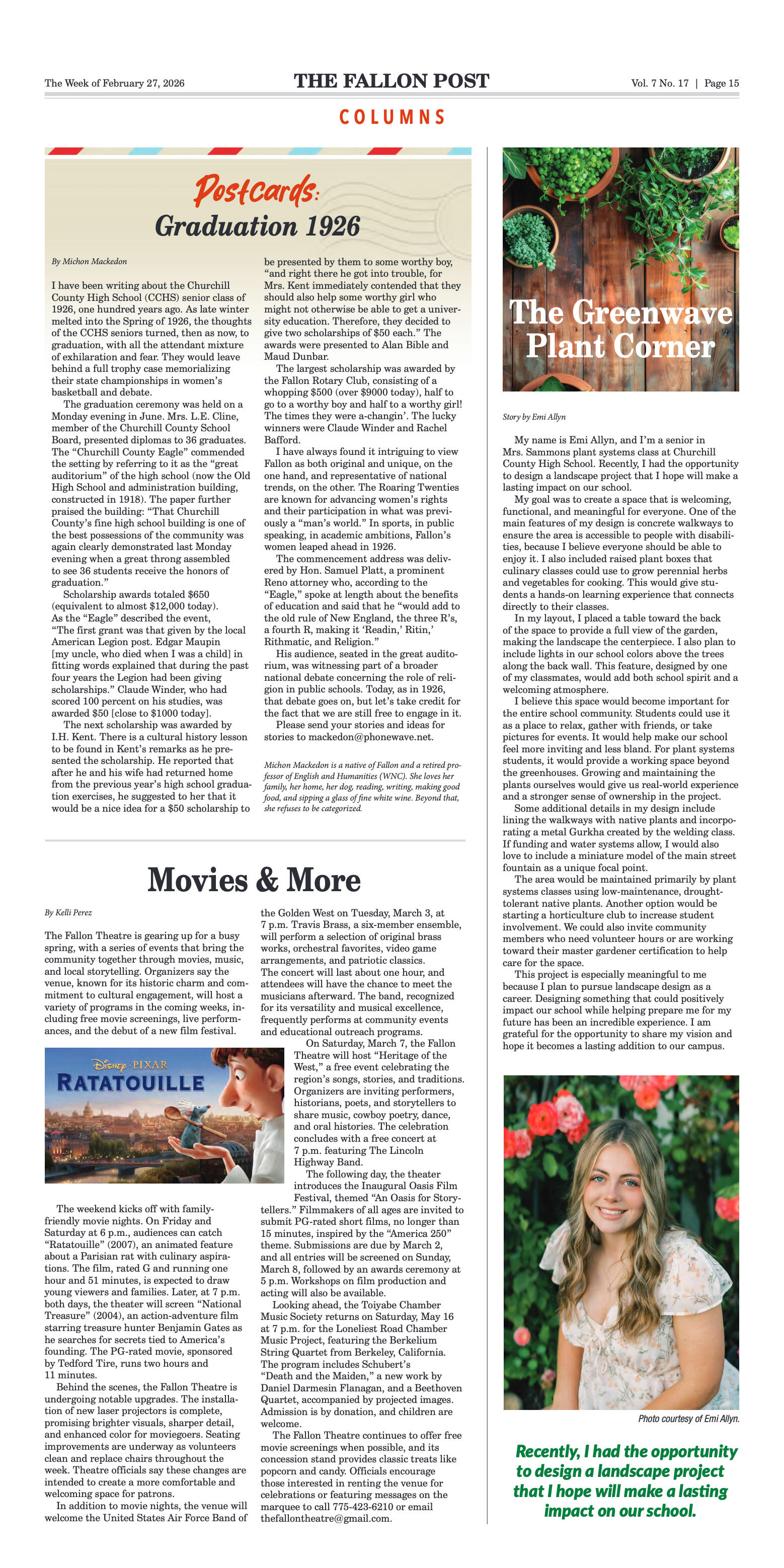
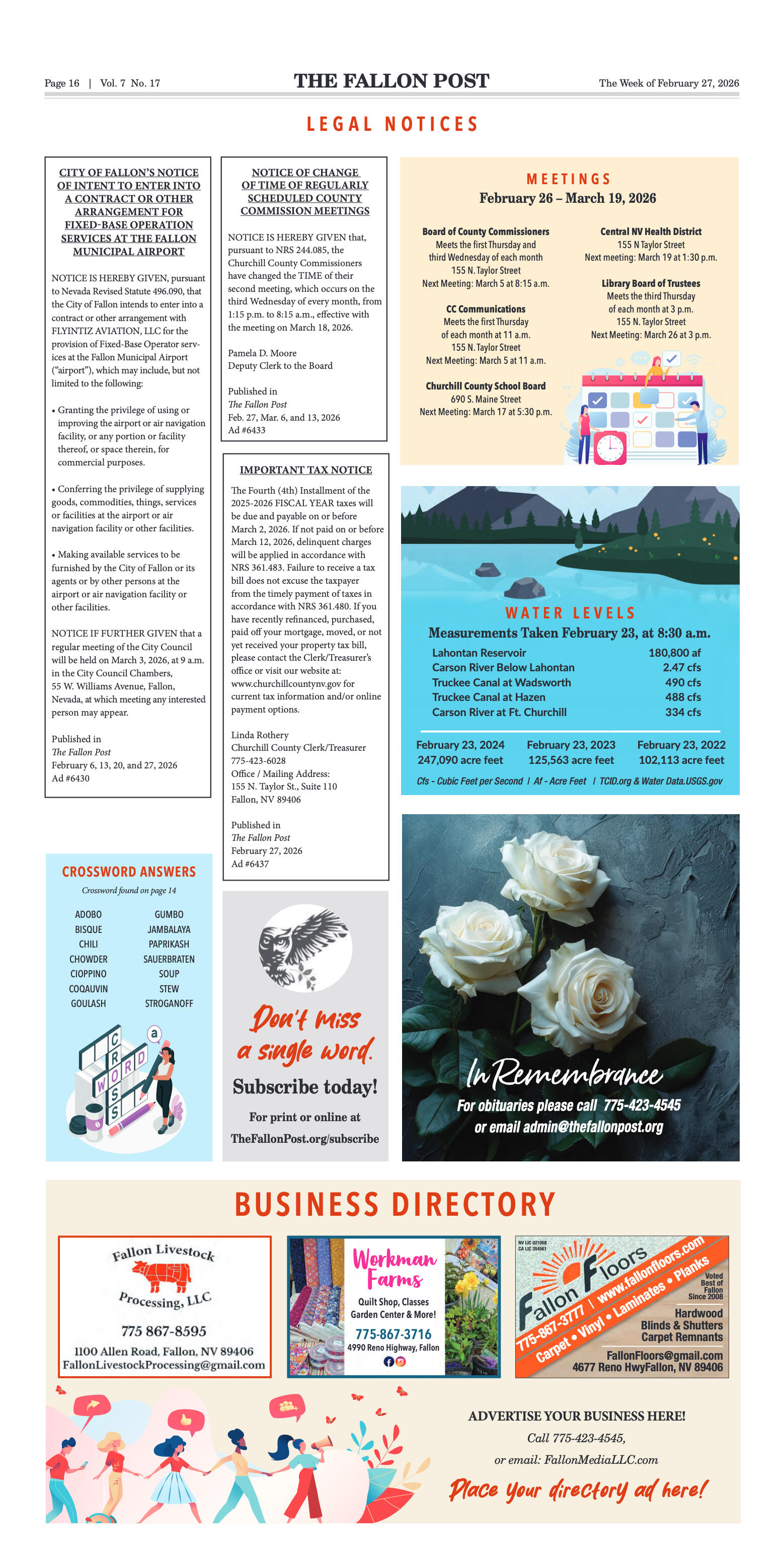




















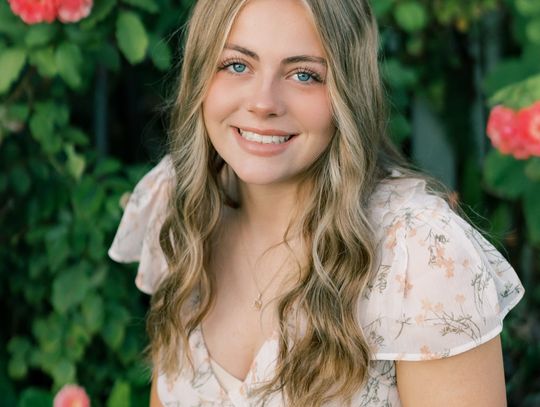
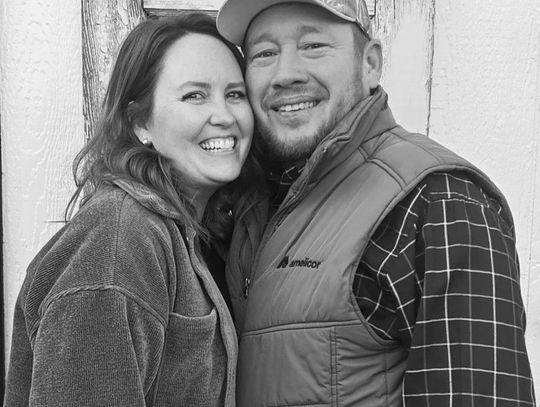

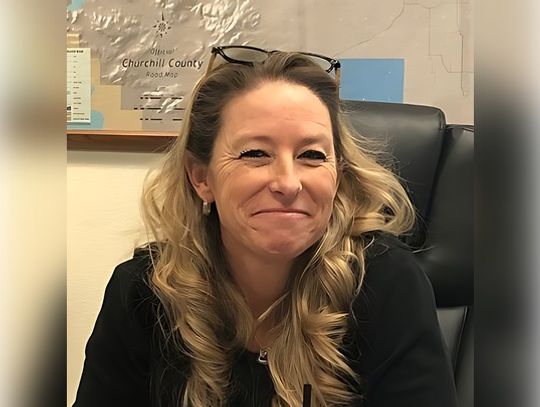
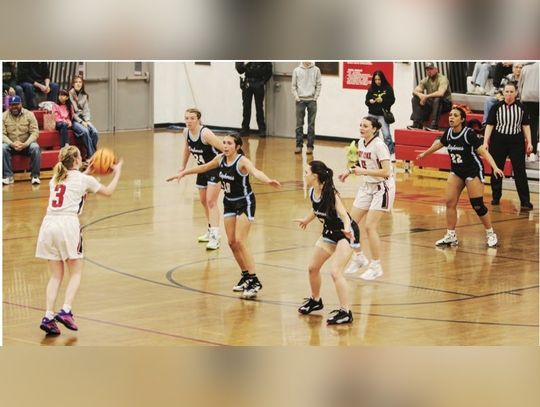

Comment
Comments